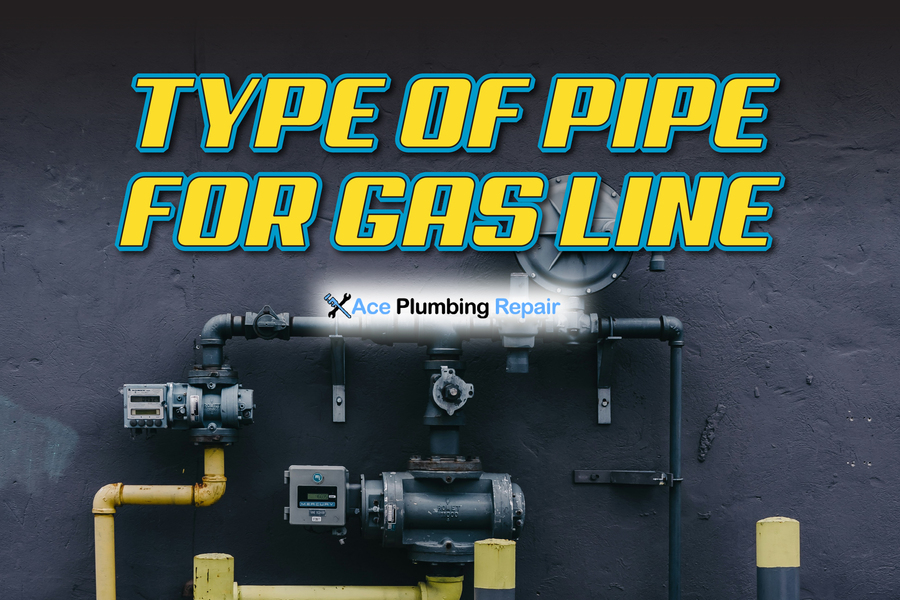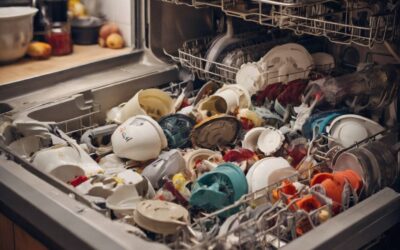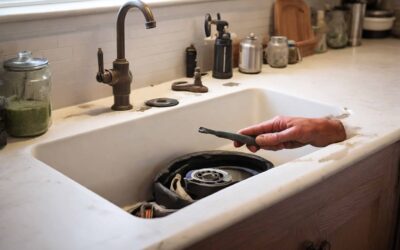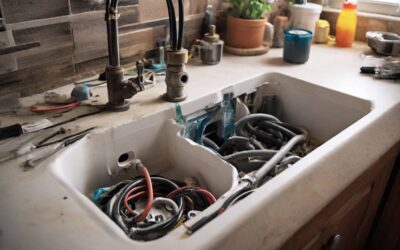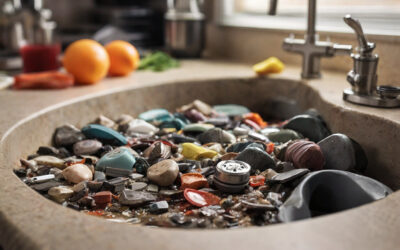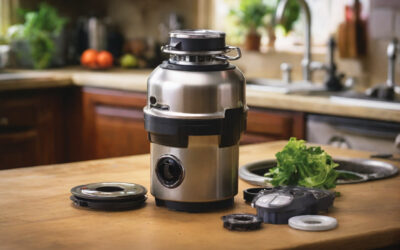Whether you’re fabricating another home, redesigning your current house, or moving up to gas machines, you might require another gas line establishment or gas line fix to finish the venture. In any case, how do you have at least some idea of what kind of gas line you want? The basic response is: It depends. That’s why we will go along this journey to find The Right Type of Pipe For Gas Line which is better.
What is gas piping?
Gas funneling alludes to the arrangement of lines and fittings that transport gas from its source to different end-use apparatuses and hardware. This incorporates the funneling utilization in private, business, and modern settings to appropriate gaseous petrol or propane for purposes, for example, warming, cooking, water warming, and different applications.
- Pipes
- Fittings
- Valves
- Controllers
- Apparatus Connectors
Appropriately introducing and keeping up with gas funneling frameworks are basic to guaranteeing security. It’s fundamental to complying with neighborhood construction laws and guidelines.
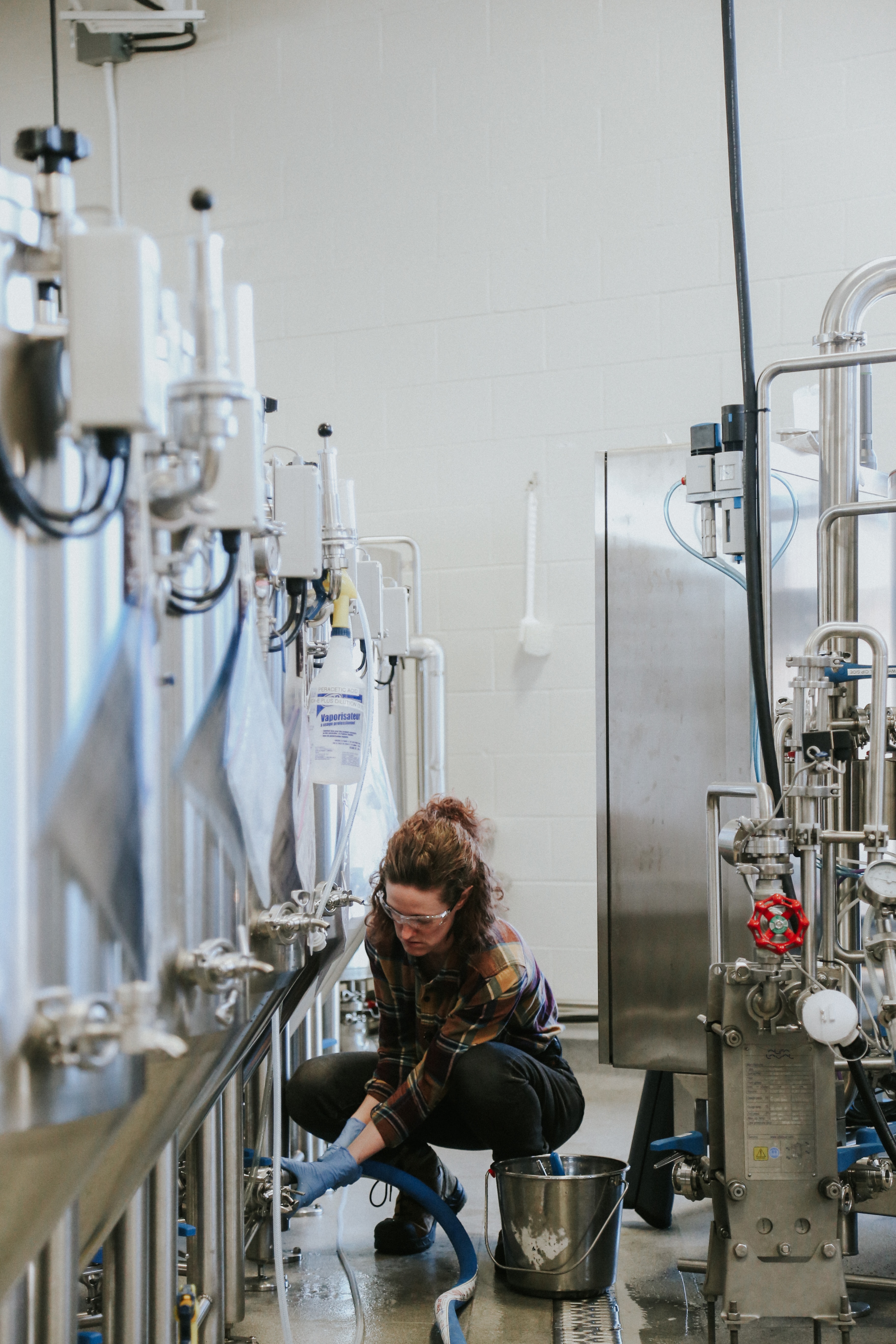
Kinds and Differences in Type of Pipe For Gas Line
The most widely favorite materials for gas channeling are steel, dark iron, polyvinyl chloride (PVC), high-thickness polyethylene (HDPE), and copper. A few utilities forbid a portion of these materials, so make certain to check with your neighborhood utility to figure out what is permitted in your space before you introduce any. If you recruit an expert to finish the work, they will know the neighborhood necessities. Additionally, here are subtleties of certain lines:
Black Steel Pipe:
Material: Carbon steel.
Dark steel pipes are solid and solid, ordinarily for petroleum gas and propane appropriation. They might require assurance or covering against consumption.
Galvanization Steel Line:
Material: Steel with zinc.
Opposes consumption because of the galvanization interaction. Nonetheless, inward deterrents can happen, and the zinc covering might deliver poisonous vapor when hot.
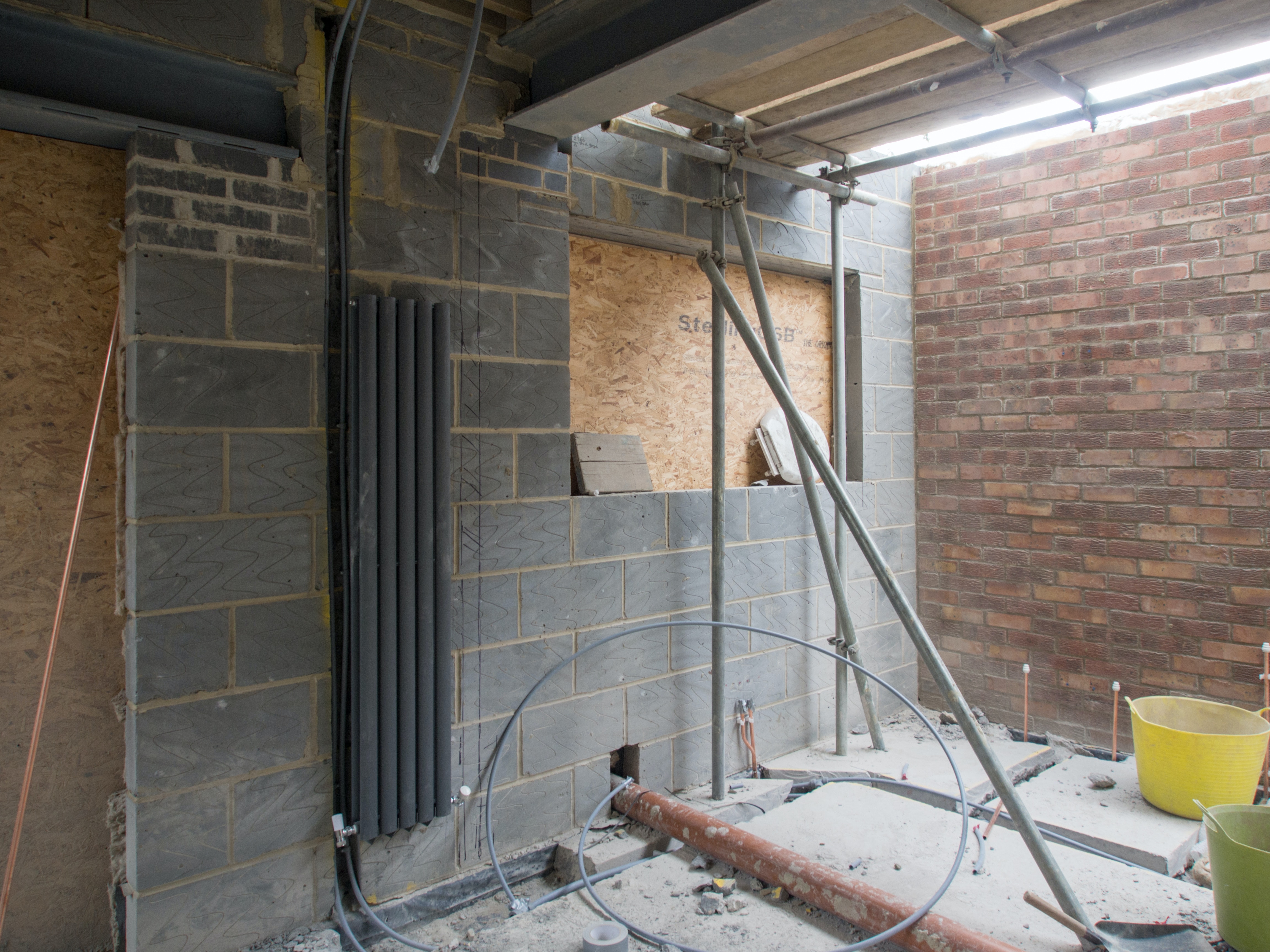
Copper Line:
Material: Copper.
Opposes consumption and is not difficult to introduce. Delicate copper is frequently in use for indoor gas lines, while unbending copper might be in use outside. It is more costly than steel.
Corrugated Stainless Steel Tubing (CSST):
Material: Treated steel.
An adaptable and simple to-introduce choice, CSST decreases the requirement for various joints. It’s normally utilization for gas lines yet may not be good enough in all areas. Continuously take a look at neighborhood codes.
Polyethylene (PE) Line:
Material: Polyethylene.
Lightweight and impervious to erosion, PE pipes are frequently in use for open-air gas lines. Yellow polyethylene is explicitly for gas applications.
Polyvinyl Chloride (PVC) Line:
Material: Polyvinyl chloride.
By and large not suitable for gas lines because of its lower solidness and defenselessness to harm from gas.
Type of Pipe For Gas Line Advantages and Cost
The expense of each sort of gas line can fluctuate contingent on elements like the material, measurement, length, and nearby economic situations. Here is an overall outline of the handiness and expectation cost contemplations for each sort:
Black Steel Pipe:
Usefulness: Solid and solid, appropriate for petroleum gas and propane dissemination. Regularly in use in modern and private applications. Starts from $0.50 to $2.50 per inch for standard timetable 40 dark steel pipe. Lengths ordinarily change from 10 to 21 feet.
Galvanization Steel Pipe:
Usefulness: Impervious to erosion, appropriate for different applications including water and gas dissemination. From $1.50 to $6.00 per inch for galvanization steel pipe. Lengths ordinarily fluctuate from 10 to 21 feet.
Copper Line:
Usefulness: Impervious to erosion, simple to introduce. Usually in use in private applications for gas lines, as well as water supply lines. From $2.50 to $10.00 per foot for unbending copper pipe. Adaptable copper tubing might have a different evaluation.
Corrugated Stainless Steel Tubing (CSST):
Usefulness: Adaptable and simple to introduce, decreasing the requirement for various joints. Reasonable for gas lines in private and business applications. Starting from $1.50 to $4.00 per foot for CSST. Costs can shift in light of width and brand.
Polyethylene (PE) Line:
Usefulness: Lightweight and impervious to erosion, normally in use for outside gas lines. $0.50 to $1.50 per foot for PE pipe. Costs change in light of distance across and thickness.
Polyvinyl Chloride (PVC) Line:
Usefulness: For the most part not suitable for gas lines because of lower solidness and vulnerability to harm from gas. All the more ordinarily in use for water supply and waste. $0.20 to $2.00 per foot for PVC pipe. Costs shift because of breadth and timetable.
These quotes give general direction, and genuine costs might fluctuate. Acquiring explicit statements from providers or project workers in your space for exact and modern estimating information is fitting.
Choosing The Right Type of Pipe For Gas Line
The “best” gas line pipe relies upon different elements including the particular application, neighborhood construction regulations, financial plan contemplations, and the attributes of the gas being carriable. Picking the right kind of line for a gas line is vital to guarantee security and consistency with nearby construction laws. Normal materials utilization for gas lines include:
Advantages of Common Gas Pipes:
Corrugated Stainless Steel Tubing (CSST):
Adaptability, simplicity of establishment, and need for joints. Nearby codes and guidelines might direct its utilization. Legitimate holding and establishing are fundamental.
Black Steel Line:
Tough and solid, reasonable for high-pressure applications. May require security against consumption. Ordinarily in use for modern and business settings.
Polyethylene (PE) Line:
Lightweight, consumption-safe, and generally utilized for open-air applications. Normally utilization for low to medium-pressure applications. Yellow PE pipe is explicitly made for gas.
Copper Line:
Consumption safe, simple to introduce, and appropriate for indoor applications. The greater expense can be a little less with a few different materials. Can be a decent decision for private gas lines.
It’s critical to take note that every material has its arrangement of benefits and contemplations. For private applications, copper and CSST are usually in use. “Why choose CSST?” Experts usually pick Creased Treated Steel Tubing (CSST) for gas line funneling because of its adaptability, simplicity of establishment, and the requirement for joints. Nonetheless, it’s critical to underline that the most ideal decision relies upon explicit venture prerequisites, nearby building regulations, and the mastery of experts associated with the establishment. Before settling on a last choice, consistently talk with an expert, comply with nearby guidelines, and consider the particular necessities and qualities of your gas line establishment.
FAQ
Q: Most normal private gas line material?
A: Copper pipe.
Q: Might PVC at any point be in use for gas lines?
A: Not suitable; prefer steel or CSST.
Q: Is dark steel pipe great for outside gas lines?
A: Indeed, it’s strong; safeguards against consumption.
Q: Gas line installation precautions?
A: Consult pros, follow codes, and prioritize safety.
Conclusion
Taking everything into account, picking the type of pipe for gas line requires cautious thought of different elements, including the particular application, nearby construction laws, financial plan limitations, and the properties of the gas rolling inside. There is no generally relevant arrangement, as various materials offer particular benefits in light of the extraordinary requests of every situation. Whether choosing Folded Tempered Steel Tubing (CSST), Dark Steel Line, Polyethylene (PE) Line, or Copper Line, coordination with experts and counsel with neighborhood gas utilities stay fundamental. You can also check Ace plumbing Repair for more information and resources on plumbing repair and maintenance, or call (844) 711-1590 to talk to our plumbing experts.

